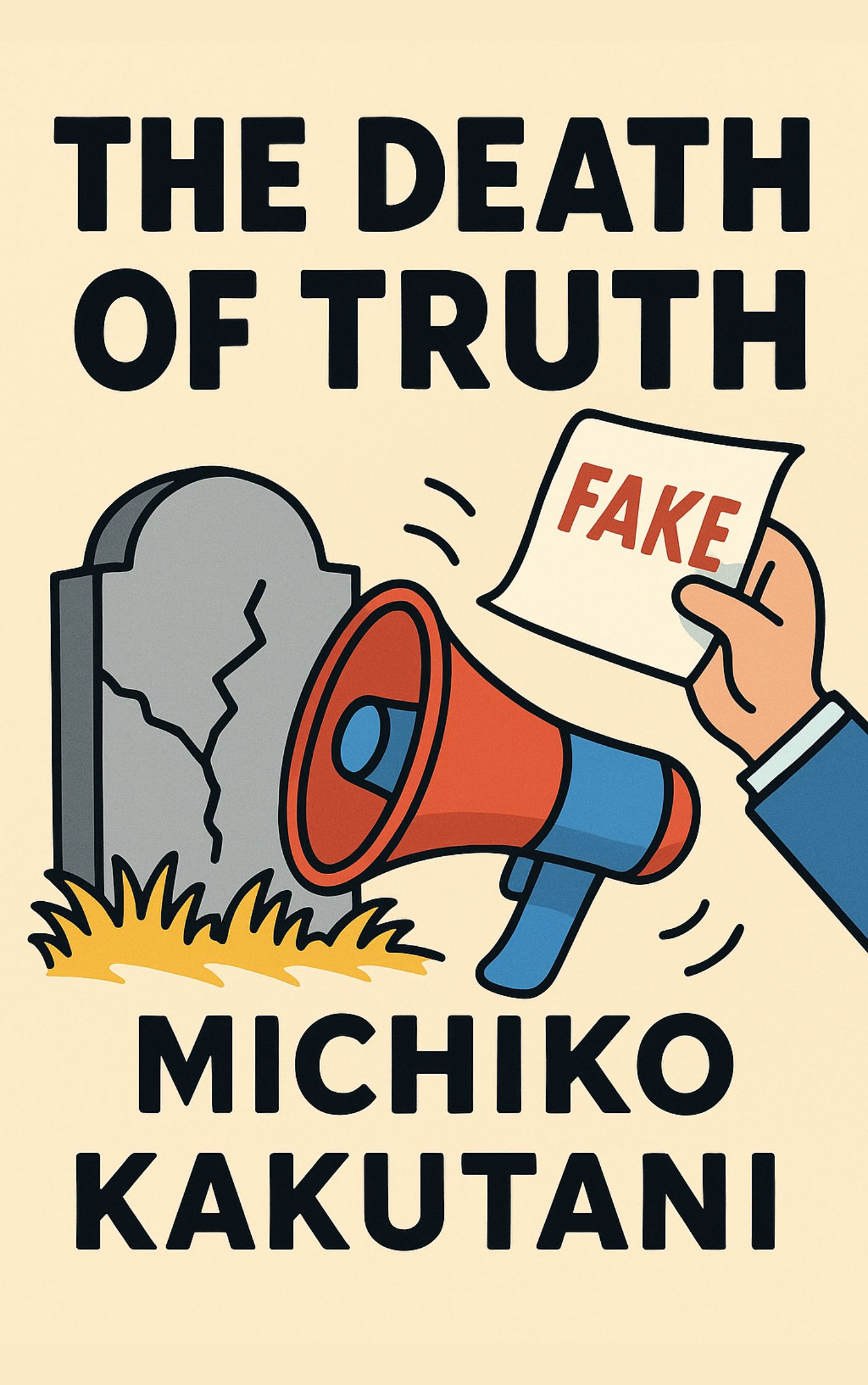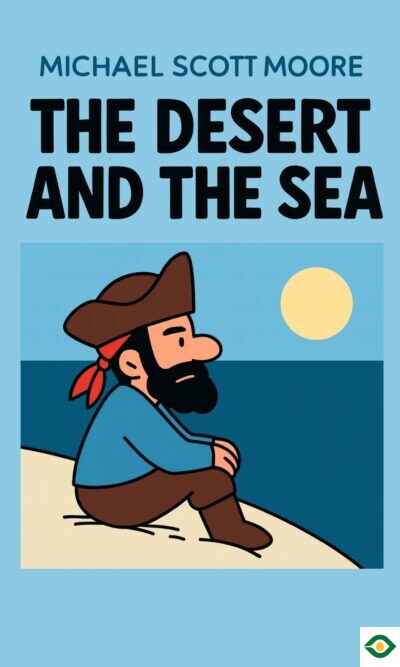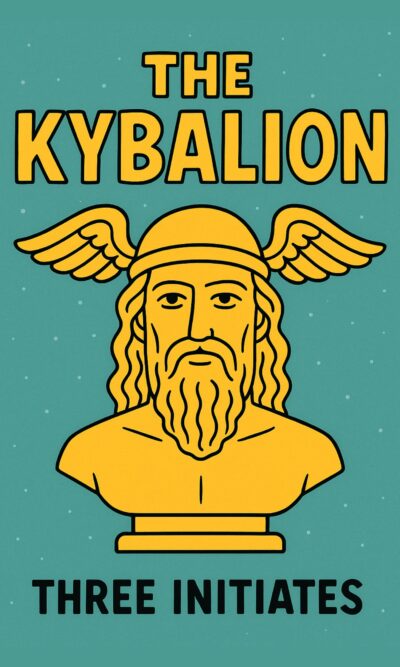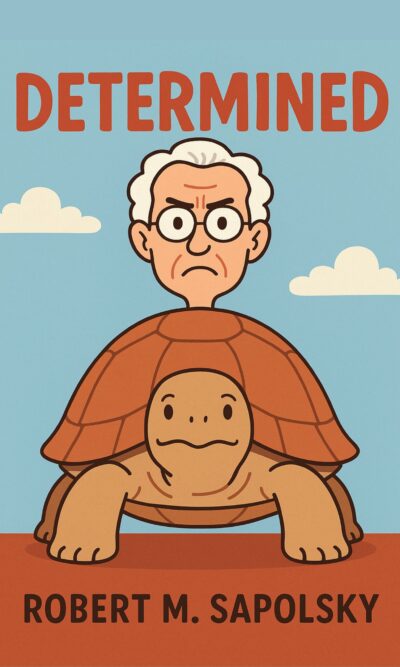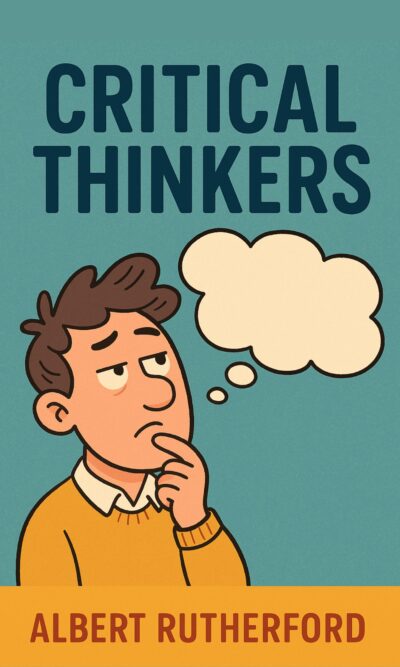Description
The Death of Truth, written by Michiko Kakutani, looks at how truth itself is under attack in today’s world. It explains how politics, media, and culture have changed in ways that allow lies, propaganda, and extreme opinions to spread more easily than ever before. The book shows how this shift threatens democracy, weakens society, and makes it harder for people to agree on even basic facts.
The story begins by looking at how America was founded on the ideas of reason, liberty, and progress. These ideas came from the Enlightenment, a time in Europe when science, facts, and rational thinking were celebrated. Leaders like Abraham Lincoln believed that reason was the best way to keep the country safe from tyranny and chaos. But alongside this vision of progress, there was always a different current in America’s history: one that distrusted reason, hated outsiders, and resisted change. In the 1800s, this movement was represented by the “Know Nothing Party,” a political group that was strongly anti-immigrant and anti-Catholic. Over the years, this kind of thinking never completely disappeared—it was always just beneath the surface, waiting for the right moment to come back. In recent years, especially around 2017, it returned to the mainstream in a powerful way.
The rise of the internet changed how people get their information. At first, it seemed like a good thing—people had more choices and more voices to listen to. But this also meant people could easily filter out anything they didn’t want to hear. Social media made it worse by creating “echo chambers,” where people only see posts and news that match their own opinions. Confirmation bias, the natural tendency to believe information that supports what we already think, became stronger than ever. Instead of everyone sharing the same basic set of facts, society split into separate tribes, each with its own version of reality. Republicans and Democrats began to see each other not just as opponents, but as actual threats to the nation’s survival.
Another big problem comes from postmodern thought. Postmodernism started as an artistic and literary movement that explored the idea that reality is not the same for everyone. While this idea was useful for challenging government lies during events like the Vietnam War, it slowly became twisted. Instead of recognizing that people have different experiences, the idea was stretched to mean that all truth is subjective—that facts themselves are up for debate. Politicians began using this mindset to dismiss clear evidence. Even simple things, like the size of a crowd at an event, were presented as matters of opinion rather than fact. This opened the door for leaders to use lies not just to hide mistakes, but to actively manipulate people.
Fake news soon became one of the most dangerous tools in this new world. Social media platforms made it very easy for propaganda to spread. During the 2016 U.S. election, Russian agents used fake accounts, posts, and websites to influence millions of Americans. They didn’t just support one candidate—they also tried to inflame tensions by creating fake groups that stirred up racial and political anger. These fake news articles often spread faster than real journalism because they were designed to create shock, anger, or fear. The result was a population that struggled to tell the difference between reality and fiction.
Donald Trump played a huge role in this culture of falsehood. On Twitter, he often used insults, lies, and trolling behavior. He dismissed respected news outlets as “fake news” while spreading his own unverified claims. He used language in a way that undermined the very idea of truth, often repeating false statements until his followers accepted them as fact. His view of the world was shaped by negativity and division. He saw politics as a zero-sum game, where one side must always lose for the other to win. This outlook influenced his policies, many of which were aimed at undoing progress made in previous years, especially under President Obama.
This behavior didn’t just affect the United States. Other leaders around the world noticed that Trump could lie openly without consequences, and they copied his approach. Politicians in America also began to feel freer to say things they knew weren’t true. Even when the lies were obvious, they defended them, showing that truth no longer had the same value it once did.
The cultural consequences of this shift are serious. Books like George Orwell’s 1984 and Aldous Huxley’s Brave New World became bestsellers again because people felt their warnings were coming true. In Orwell’s vision, truth is controlled by force, while in Huxley’s world, people are distracted into submission by entertainment and trivial pleasures. Kakutani suggests that modern society is experiencing a mix of both. On one hand, political leaders are twisting facts and spreading lies. On the other, the general public is drowning in entertainment and social media, too distracted to fight back.
A new kind of nihilism has also emerged. Nihilism is the belief that nothing really matters, that there is no truth and no meaning. This attitude is visible in online trolls who attack victims of tragedies, in fake news companies that publish lies for profit, and in extremists who laugh off their racist or violent comments as “just a joke.” The danger is that irony and “just kidding” attitudes often turn into real hatred and violence. People who start by making jokes about fascism or racism may slowly become more open to believing those ideas seriously.
The book ends with a warning. The founders of the United States believed that truth, reason, and liberty were essential to protecting democracy. Without truth, there can be no trust, and without trust, society begins to fall apart. The Death of Truth shows how dangerous it is when leaders, media, and ordinary people stop respecting facts. It reminds us that if we want to preserve freedom and democracy, we must remain committed to truth—even when it is uncomfortable or inconvenient.
The key message is clear: we are not living in a completely new age of chaos. History has shown us similar struggles before. What is different now is the speed and scale at which lies can spread. If society does not take the defense of truth seriously, the very foundations of democracy may crumble.

